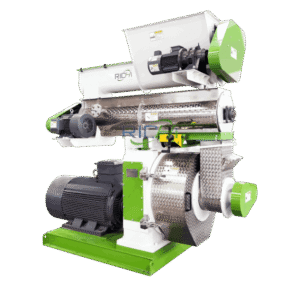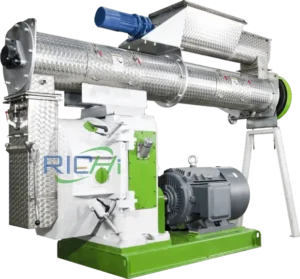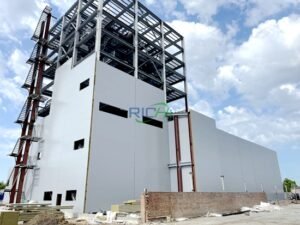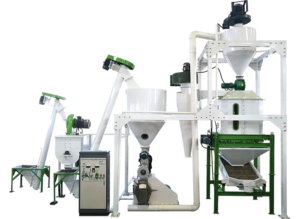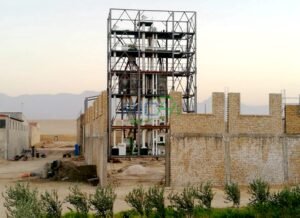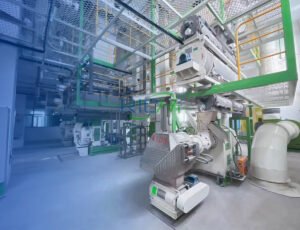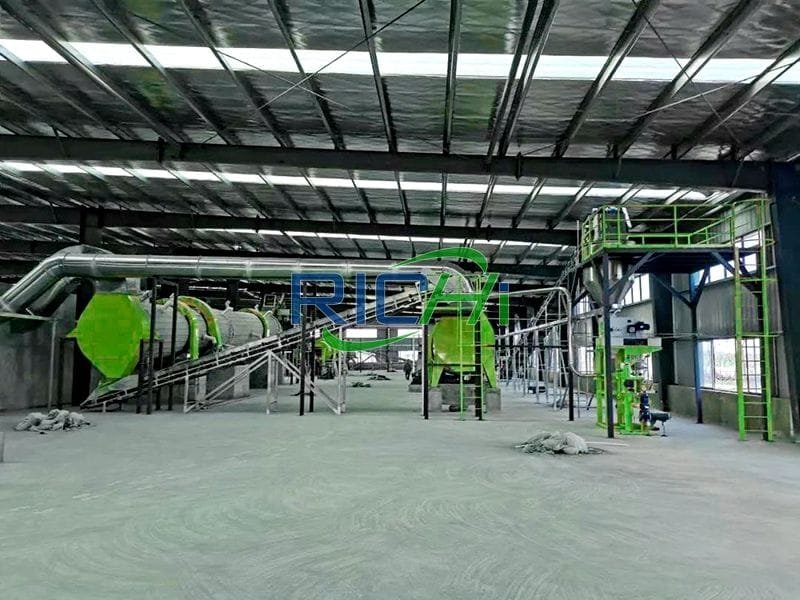
The global agricultural sector is increasingly embracing sustainable practices, with organic fertilizers playing a vital role in this transition. Consequently, the demand for organic fertilizer production projects has surged worldwide. However, the level of technical support available for these projects can vary significantly between countries. This article examines how technical support for organic fertilizer production projects differs across various regions and the factors influencing these variations.
Key Factors Influencing Technical Support
- Local Expertise and Skill Level
- Countries with a robust agricultural sector typically have a higher level of local expertise and skilled labor.
- The availability of trained technicians and engineers significantly impacts installation and ongoing maintenance.
- Access to Equipment and Spare Parts
- Proximity to manufacturers and suppliers facilitates quicker access to necessary machinery and spare parts.
- Countries with local manufacturing capabilities often provide better support due to shorter supply chains.
- Government and Industry Support
- Government initiatives and industry associations are crucial for providing technical training and support.
- Policies promoting sustainable agriculture can enhance infrastructure and support systems for organic fertilizer production.
- Infrastructure and Logistics
- Well-developed infrastructure, including transportation and communication networks, facilitates better technical support.
- Efficient logistics ensure timely delivery of equipment and parts, reducing downtime.
- Regulatory Environment
- Stringent environmental and agricultural regulations may require higher levels of technical support for compliance.
- Countries with clear and supportive regulatory frameworks can provide better guidance and assistance.
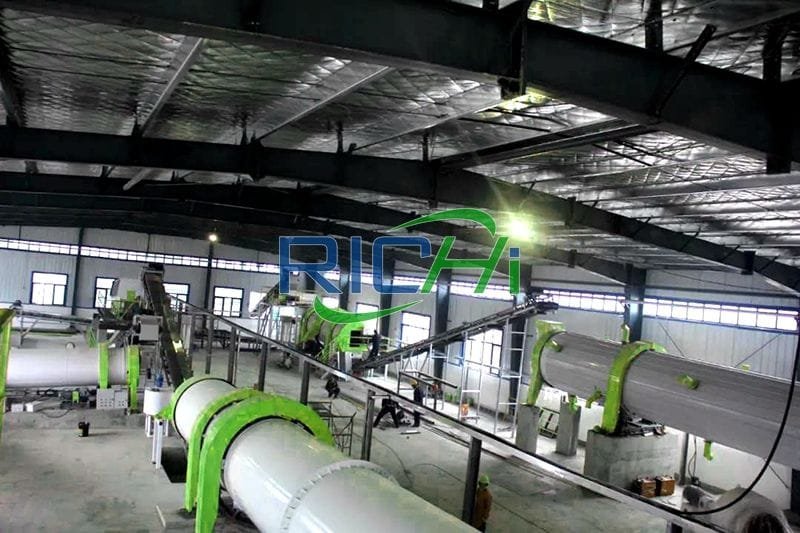
Technical Support in Different Regions
- Europe
- High Level of Technical Support: Established agricultural sectors, strong government support, and advanced infrastructure.
- Example: Germany and the Netherlands have extensive technical expertise and support networks due to their long history in sustainable agriculture and organic farming initiatives.
- Market Insight: In Germany, numerous equipment manufacturers and a well-developed supply chain ensure quick access to machinery and spare parts, with government programs providing technical training and support for environmental compliance.
- North America
- Moderate to High Level of Technical Support: Advanced technology, skilled labor force, and supportive government policies.
- Example: The United States and Canada benefit from strong technical support due to their developed agricultural industries and focus on sustainable farming practices.
- Market Insight: In the United States, states like California have a high concentration of organic farms, providing a robust network of technical support and expertise. (Related post:cost of setting up a organic fertilizer plant)
- Asia
- Growing Level of Technical Support: Rapid industrialization, increasing government support, and improving infrastructure.
- Example: China and India are establishing strong technical support systems driven by their growing focus on sustainable agriculture.
- Market Insight: In China, the government’s emphasis on environmental sustainability has led to numerous technical training programs and support centers, while local equipment manufacturing enhances support availability.
- Latin America
- Moderate Level of Technical Support: Abundant agricultural resources, emerging sustainable farming policies, and improving infrastructure.
- Example: Brazil and Argentina are developing technical support systems to bolster their growing organic farming industries.
- Market Insight: In Brazil, the strong agricultural sector lays the foundation for technical expertise in organic fertilizer production, supported by government initiatives.
- Africa
- Emerging Level of Technical Support: Abundant natural resources, increasing focus on sustainable agriculture, and growing awareness of organic farming.
- Example: South Africa and Kenya are beginning to build technical support systems for organic fertilizer production.
- Market Insight: In South Africa, government programs are being developed to offer technical training and support for sustainable agricultural projects, including organic fertilizer production.
- Australia
- Moderate Level of Technical Support: High emphasis on sustainable agriculture, supportive government policies, and advanced infrastructure.
- Example: Australia’s commitment to sustainable farming practices is driving the development of technical support systems for organic fertilizer production.
- Market Insight: In Australia, the high cost of traditional fertilizers and government incentives are promoting the growth of technical expertise in the organic fertilizer sector.
Detailed Analysis of Technical Support
- Europe
- Germany: High technical support due to a well-established agricultural sector and strong government initiatives. Numerous equipment manufacturers ensure quick access to machinery and parts.
- Netherlands: Extensive technical expertise and support networks stemming from a long history in sustainable agriculture and organic farming.
- North America
- United States: Strong technical support in states with a high concentration of organic farms. Advanced technology and skilled labor contribute to robust support.
- Canada: Similar to the U.S., with a focus on sustainable agriculture and a developed agricultural industry.
- Asia
- China: Growing technical support driven by government initiatives and local equipment manufacturing, with numerous training programs being established.
- India: Developing technical support systems with government backing and improving infrastructure.
- Latin America
- Brazil: Moderate technical support based on a strong agricultural sector, with government initiatives promoting technical training.
- Argentina: Emerging technical support driven by sustainable farming policies and improving infrastructure.
- Africa
- South Africa: Emerging technical support with government programs providing training for sustainable agricultural projects.
- Kenya: Developing technical support systems alongside growing awareness of organic farming.
- Australia
- Australia: Moderate technical support driven by a strong focus on sustainable agriculture and government incentives, fostering expertise in the organic fertilizer sector.
Conclusion
Technical support for organic fertilizer production projects varies significantly across countries, influenced by factors such as local expertise, access to equipment, government and industry support, infrastructure, and the regulatory environment. Europe and North America generally provide the highest levels of technical support due to their established agricultural sectors, advanced technology, and strong government backing. Meanwhile, Asia, particularly China and India, is rapidly developing its technical support systems through industrialization and government initiatives. Latin America, Africa, and Australia are also building their technical support networks, supported by abundant agricultural resources and a growing emphasis on sustainable farming.
Investors and operators must carefully consider these factors when planning organic fertilizer production projects. By understanding the specific conditions for technical support and leveraging local advantages, businesses can optimize their investments and achieve long-term success in the dynamic global market for organic fertilizers.
For details please contact: pellet plant
WhatsApp:86 138 3838 9622
Email:enquiry@richipelletmachine.com

